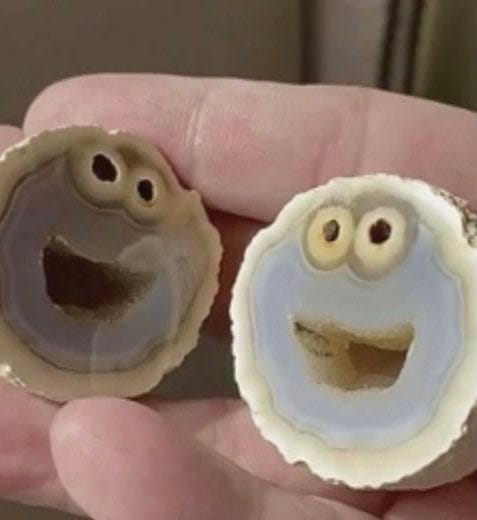Risk Versus Reality
Are we afraid of the wrong things?
When she published the novel Severance in 2018, Ling Ma couldn’t have predicted how her fictional world would foreshadow the COVID-19 crisis.
Severance takes place in New York City, where Shen Fever, a fungal infection originating in China, is quickly becoming a concern. In the beginning, day-to-day life is somewhat normal. Workers continue going to the office. Employers hand out “personal care kits,” complete with N95 masks and latex gloves. But soon enough, Shen Fever spreads uncontrollably. People begin to leave the city. Broadway shuts down. The country institutes a travel ban. Ma writes,
“In its initial stages, Shen Fever is difficult to detect. Early symptoms include memory lapse, headaches, disorientation, shortness of breath, and fatigue. Because these symptoms are often mistaken for the common cold, patients are often unaware they have contracted Shen Fever. They may appear functional and are still able to execute rote, everyday tasks. However, these initial symptoms will worsen.”
Disaster narratives can be fun to read — even when we’re living through one. Stories help us understand difficult times, but they also shape how we respond to challenges and risks. A recent study found that the more horror films people watched before the pandemic, the better psychologically prepared they were to deal with it. Of course, it’s also possible that the movies we watch and the books we read can distort our perceptions of risk.
“Our sense of risk is influenced by the direct experiences – and indirect experiences – we have with the media, such as film or the news media,” says Paul Slovik, a psychologist who studies the disconnect between our assessments of risk and the dangers we face in our everyday lives. “And that’s very powerful in influencing us.”
This is why, after watching a movie like Jaws, people become terrified of swimming in the ocean. As much as we like to believe we value logic, emotions trump reason when it comes to our fears.
Our emotions can also cause us to downplay legitimate risks. Take, for instance, our “optimism bias.” As writer A.C. Shilton puts it in the New York Times, “Optimistic bias is the reason we order a side of bacon even though we know diets high in processed meats correlate with a higher risk of colon cancer. Surely colon cancer happens to other people, right?” Shilton adds that optimism bias is particularly strong in individualistic societies, like the United States.
Ling Ma warned us about our own fallibilities when it comes to assessing risk. In Severance, she writes, “A second chance doesn't mean you're in the clear. In many ways, it is the more difficult thing. Because a second chance means that you have to try harder.”
ON THE PODCAST
January 25: Around the world, people are grappling with the risks posed by the COVID-19 pandemic. How do our minds process risk, and why do different people reach different conclusions about the same threats? This week, we talk with psychologist Paul Slovic about the disconnect between our assessments of risk and the dangers we face in everyday life.
February 1: The ability to change your mind is an important skill. Organizational psychologist Adam Grant believes mental flexibility is a skill we can learn. This week, we explore why it’s worth challenging what we think we know.
FROM THE TWITTERATI
MORE EPISODES LIKE THIS
WHAT SHANKAR IS READING
Many sports teams are playing in stadiums without fans. A curious effect? Fewer fights on the field.
The Power of Reframing Your Problems: A cartoon
A MOMENT OF JOY
Have an idea for Hidden Brain? A story you want to share with us? Send an email to ideas@hiddenbrain.org.





